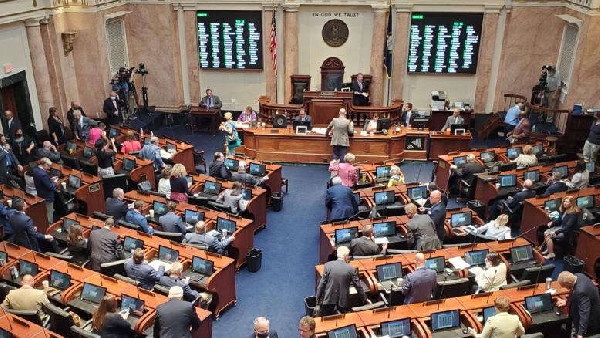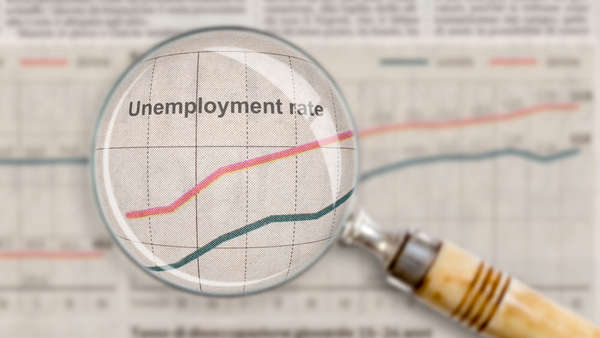Decrease could not exceed one percent for any one year

FRANKFORT, Ky. (KT) – Legislation that provides a 1 percent decrease in the Kentucky income tax and could eventually drop it to zero, depending on state revenue, passed the House Friday, following more than three hours of debate.
House Bill 8, sponsored by Rep. Jason Petrie, R-Elkton, begins with a reduction from 5 to 4 percent, effective Jan. 1, 2023, and is the only automatic decline in the legislation. The rest are based on so-called “triggers,” which are dependent on state revenue.
It would change to 3 ½ percent on Jan. 1, following the fiscal year in which total general fund receipts exceed $13.75 billion. The state’s fiscal year ends on June 30.
When general fund receipts are more than $14.5 billion, it would lower to three percent, and continue to follow a downward trajectory based on general fund increases, with the income tax finally reaching zero after a fiscal year with $20.5 billion in receipts.
However, the decrease could not exceed one percent for any one year.
To offset the reductions, sales tax would be added to dozens of products and services that are not currently taxed. However, groceries and pharmaceuticals would continue to be tax exempt.
Lost income in the Road Fund would be replaced by new taxes levied on electric vehicle charging station use, and an annual fee on both hybrid and electric vehicles, $70 and $140, respectively. Those vehicles use less or no fuel and don’t pay the fuel tax, which is the largest contributor to the Road Fund. There would also be a new reclamation fee for batteries.
Corporate taxes, meanwhile, would remain the same.
Petrie said Kentucky’s population has not increased much during the last several decades. “And if you look at Kentucky’s population relative to other states, adjoining and otherwise, we’re actually a net negative. You can’t stay stagnant while everyone else is moving, or you go to a net negative, and that’s what we’re doing.”
Majority Leader Steven Rudy, R-Paducah, said moving from an income to consumption-based tax code, has been successful in other states. “It’s worked in Tennessee, it’s worked in Texas, it’s worked in Florida.”
Rep. Josie Raymond, D-Louisville, was one of the opponents of the measure. “If this goes through, it will widen the income inequality gap, which is one of the surest measures of a society’s well-being. The wider the gulf between rich and poor, the worse the health of that population, the less cohesion and trust there is.”
Rep. Pamela Stevenson, D-Louisville, told her colleagues, “This is trickle-down economics. It didn’t work then, and it won’t work now.”
The bill passed 67-23, and now heads to the Senate.

 KOI Superior Walls Locating New Manufacturing Facility in Boone County Creating 73 Jobs
KOI Superior Walls Locating New Manufacturing Facility in Boone County Creating 73 Jobs
 Epic Flight Academy Cuts Ribbon on New Aircraft Mechanic School at CVG Airport
Epic Flight Academy Cuts Ribbon on New Aircraft Mechanic School at CVG Airport
 State releases county unemployment data for March 2024
State releases county unemployment data for March 2024








